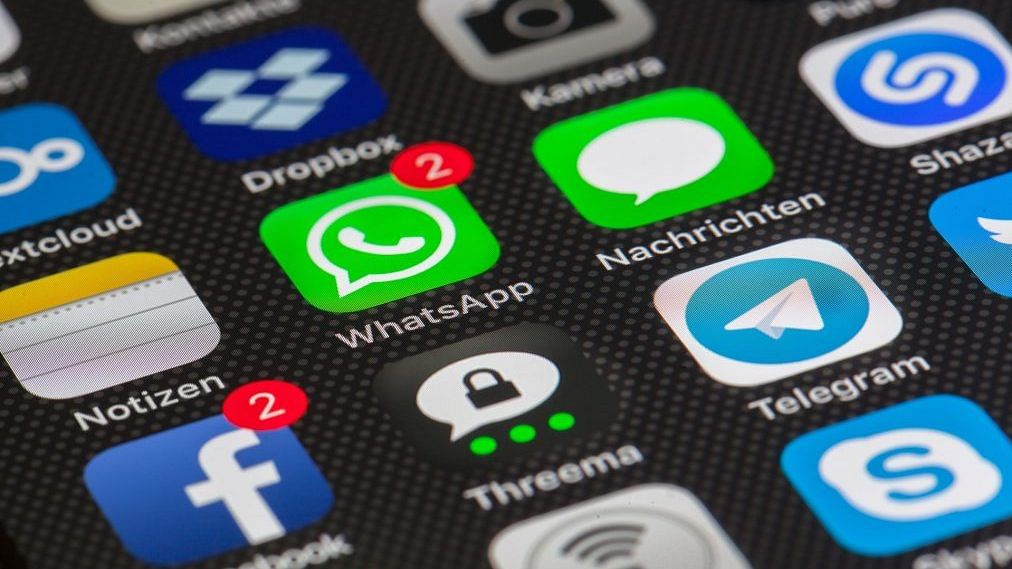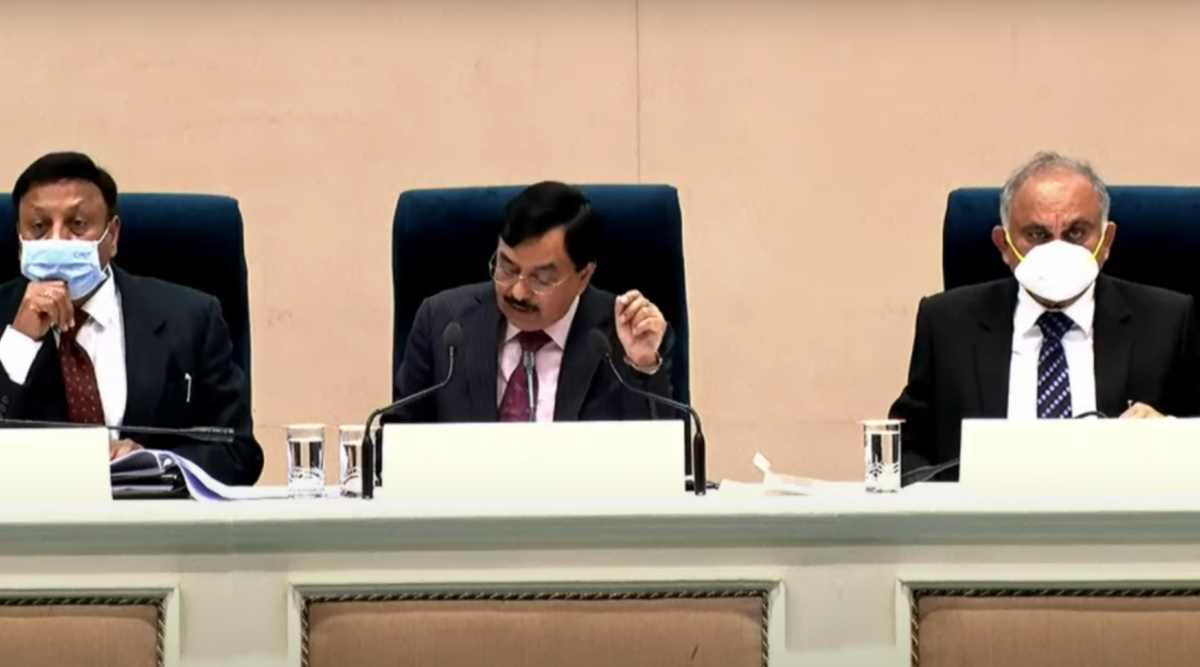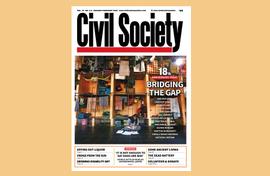
The new year in India started with yet another online hate crime. An online app that surfaced on the platform GitHub did a mock auction of Muslim women activists, journalists, lawyers and student leaders.
This is happening six months after a similar application had come on the same platform, with little action taken by the authorities.
Women lawyers had written a letter to the Chief Justice of India asking the judiciary to take cognisance of the matter:
"We believe that the “Bulli Deals” App happened because no one was punished for Sulli Deals. Although FIRs had been previously registered in the matter of Sulli Deals, no one was arrested and the investigation has been a non-starter, in the same,"
This time, however, arrests have been made. The creators of the app had also tried to use Sikh account names to further create enmity between religious minority communities. The series of arrests have also led to the creator of last year's app.
This is only the latest in a series of hate crimes that have been fuelled by a spread of targeted hate and continued impunity. 2017 had witnessed the murder of a Muslim migrant worker in Rajasthan, while shooting it on video and spreading the content online on social media. Since 2014, India has seen several instances of lynch-mobs and other groups targeting, attacking and killing people based on their religious and caste identities. The authorities are in denial, and since the National Crime Records Bureau has not separately listed hate-crimes several independent organisations have stepped up to keep updated with the data. DOTO- Documentation of the Oppressed Database, is one such database that has listed out such incidents.

An analysis of several such incidents 'reveals [a] systematic pattern of impunity and political patronage enjoyed by the perpetrators in the legal normative paradigm of India', as this Maktoob report says.
Just a few weeks ago, two conferences by religious extremists were held in parts of northern India (Delhi and Haridwar), quite literally calling for attacks on minorities. This is the larger context in which the hate operates, foments, and perpetrates. Recently, the court agreed to hear a PIL plea on the matter.
The students, faculty and staff of two IIMs had written an open letter to the PM, urging him to speak up on the incidents of hate speech.
Of course, this is not just in one country, because this report mentions how the pandemic has normalised online hate and abuse and how it has increased incidence.
TekFog
The latest news is an exclusive report by TheWire breaking about an App called TekFog, which the investigation alleges being used to tamper with social media trends, automates spreading hate speech and misinformation.
The Wire's detailed report can be read here:
According to the report, the app does several things. For one, it has an auto-sharing and retweeting feature that people controlling the app can use to spam and flood specific hashtags. The app also has a large database of citizens, categorised on various criteria, so that keywords can be picked or added to reply to automatically. It also has a WhatsApp exploit that phishes information and hijacks inactive WhatsApp accounts to send messages.

The app also manages to delete existing accounts and leave no trace of previous activity and evidence.
The automated hate is also majorly targeted at women. Misogyny and hate against minorities (particularly, Muslim community) is how the application is used, as these tweets from The Wire's senior journalists MK Venu and Siddharth Varadarajan show-
Large companies such as ShareChat in this case, or, more generally, Facebook, has not always been very keen on countering hate speech in their platforms. Or, their policies seem to vary with regions and regimes they operate in. “Hate spreads like wildfire on Facebook... None of the hate speech accounts were blocked,” says Junaid, who was a victim of a hate campaign, and had received threatening messages.
"despite the extra attention, the Facebook that Indians interact with is missing many of the key guardrails the company deployed in the United States and other mostly-English-speaking countries for years"
What India needs is a broader policy and code of conduct to tackle hate and misinformation. It also needs lots of active work on the ground to fight the spreading of such content. It is also a tricky line to tread between free speech and countering hatred, as this piece on ThePrint mentions:
Technology has erased rural-urban divides and transcended boundaries and barriers ... But it has also provide[d] a vehicle to rally around identity, grievance and fear — all exploited by savvy politicians out to garner votes. However, over-criminalising speech may have troubling outcomes. It is the crossroads between technology, profit, freedom, politics, identity, power and insecurity that any effort to regulate hate speech on social media will have to traverse. The need is to seek redress and action, not censorship. But the means towards this end have to be independent of government control.
Until then, power, impunity and hatred continue to drive the main topics of discourse, as another month of elections are upon us. Leaders from opposition parties have already demanded judicial and parliamentary probes be done on the matter.
In Other News
A new wave of misinformation and hate campaigns will be brought in by the new wave of the pandemic and the declaration of elections.
Updates from DEF
Read our newsletter for January 2022 here:
The latest issue of CivilSociety is an Annual double issue, which also has an article by Osama Manzar on how collaboration was key to Digital India's success, and should be part of the efforts to build the digital divide.
DEF and our volunteers on the ground are continuing to raise awareness on pandemic measures, and the importance of vaccinating.
Do not forget to read our friend Priya Ramani who writes 13 Ways To A Better 2022 and also quotes Osama Manzar:
“It is critical to create cadres of fact-checkers and, more importantly, misinformation busters in each home, in each gated community and in each colony, hamlet, village, panchayat, chowk, block, tehsil, district, schools, self-help group, and association,” believes Osama Manzar, the founder of Digital Empowerment Foundation. Manzar sees the menace of misinformation as a “national security threat” and wants everyone to do their bit to halt fake news at its source.
Until we see you next week, stay safe and do log in to listen to our founder director in this talk organised by Ashoka































 might be?](https://sk0.blr1.cdn.digitaloceanspaces.com/sites/1394/posts/714526/dbc8de4c-5c50-411f-aba0-55cfb74a692d.jpeg)

Write a comment ...